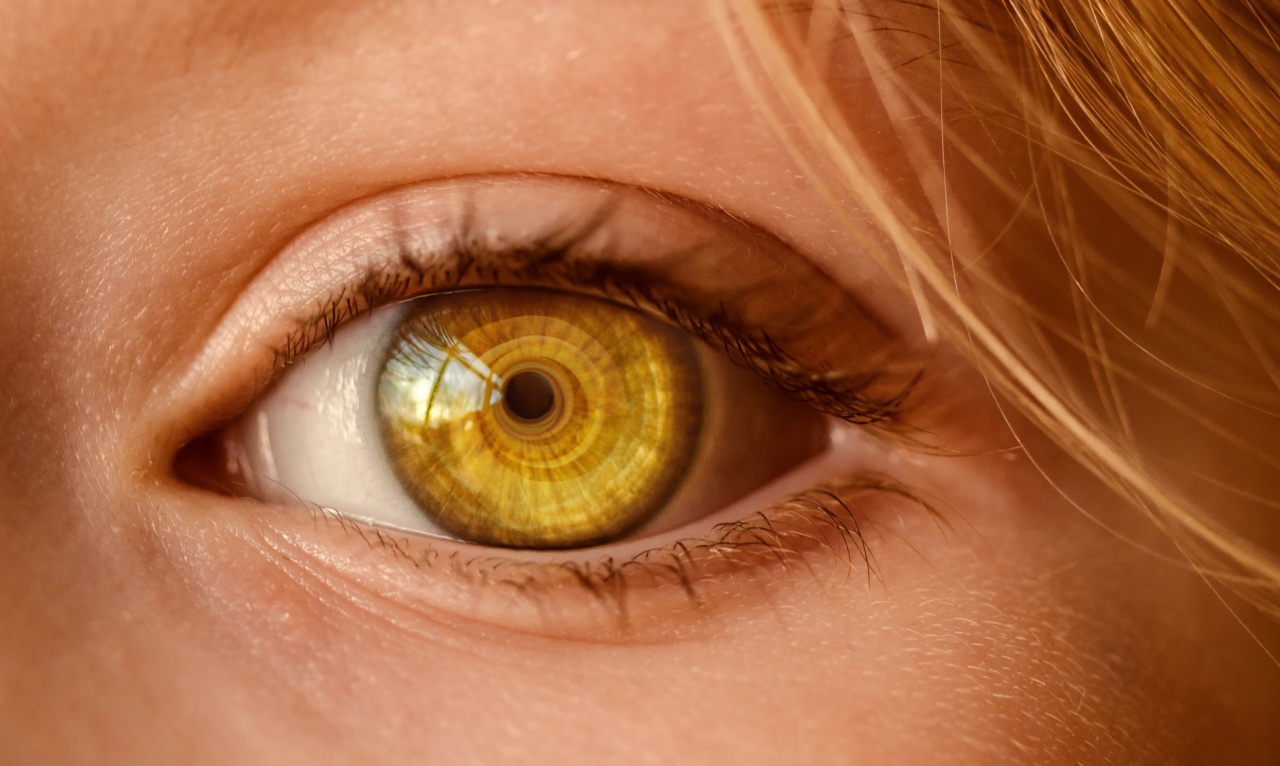Many people experience difficulty seeing in the dark, but have you ever wondered why your night vision may be lacking? If you find yourself struggling to see clearly at night, it could be due to a variety of factors.
In this article, we will explore some common causes of poor night vision and discuss potential solutions to improve your ability to see in low-light conditions.
Natural aging process
As we age, certain physiological changes occur in our eyes that can lead to diminished night vision. The lens of the eye becomes less flexible, which makes it harder for the eye to focus on objects in the dark.
Additionally, the pupil tends to become smaller, reducing the amount of light that enters the eye. These age-related changes can contribute to poor night vision and are a natural part of the aging process.
Vitamin A deficiency
Vitamin A plays a crucial role in maintaining good vision, especially in low-light conditions. A deficiency in this essential nutrient can result in impaired night vision.
To ensure you are getting enough vitamin A, include foods rich in this vitamin such as carrots, sweet potatoes, spinach, and liver in your diet. If you suspect a deficiency, it is advisable to consult with a healthcare professional to determine if supplements are necessary.
Eye conditions
Several eye conditions can affect night vision. One common condition is myopia, or nearsightedness, which causes distant objects to appear blurry. When lighting is limited, myopic individuals may struggle even more to see clearly.
Similarly, cataracts, a clouding of the lens, can significantly impact night vision. Other eye conditions such as glaucoma and retinitis pigmentosa can also contribute to poor night vision.
Excessive screen time
In today’s digital age, many people spend extended periods in front of screens, whether it be computers, smartphones, or televisions. Prolonged screen time can cause eye strain and fatigue, which can ultimately affect your night vision.
To alleviate these symptoms, follow the 20-20-20 rule: every 20 minutes, look away from the screen and focus on an object 20 feet away for at least 20 seconds.
Smoking
Smoking has been linked to numerous health issues, and poor night vision is one of them. Smoking damages the blood vessels in the eyes, reducing the amount of oxygen and nutrients they receive.
This can lead to vision problems, including difficulties with night vision. Quitting smoking can help improve overall eye health and potentially enhance your ability to see in the dark.
Medications
Certain medications can have side effects that impact night vision. For example, antihistamines, antidepressants, and medications for high blood pressure may cause blurred vision or dilated pupils, making it harder to see in low-light environments.
If you are experiencing difficulties with your night vision after starting a new medication, it is essential to consult with your doctor to discuss alternative options.
Retinal detachment
Retinal detachment occurs when the retina, the thin layer of tissue at the back of the eye, separates from its normal position. This can cause various visual disturbances, including poor night vision.
If you notice sudden changes in your vision, such as the appearance of floaters or flashes of light, it is crucial to seek immediate medical attention, as retinal detachment is a medical emergency.
Night blindness
Night blindness, also known as nyctalopia, is a condition characterized by the inability to see clearly in low-light conditions. People with night blindness often have difficulty adapting to the darkness and may experience glare or halos around lights.
Night blindness can be caused by both genetic and acquired factors, such as vitamin A deficiency or certain eye conditions. If you suspect you may have night blindness, it is essential to consult with an eye care professional for diagnosis and appropriate management.
Protective measures
While certain factors may be beyond our control, there are some steps we can take to protect and improve our night vision. One important measure is to ensure you have adequate lighting in your surroundings.
Adding extra lighting to dimly lit areas can make a significant difference in your ability to see clearly at night.
It is also essential to protect your eyes from harmful UV rays by wearing sunglasses during the day. Prolonged exposure to UV radiation can damage the eyes and potentially worsen night vision.
Choose sunglasses that offer 100% UV protection and consider wearing a wide-brimmed hat for further sun protection.
The importance of routine eye exams
Regular eye exams are crucial for maintaining optimal vision, including night vision. Eye care professionals can detect early signs of eye conditions, identify potential causes of poor night vision, and recommend appropriate treatments.
Even if you have no noticeable vision problems, routine eye exams should not be neglected, as they play a vital role in overall eye health.
Conclusion
Understanding the potential causes of poor night vision is essential for seeking appropriate solutions.
Whether it is a natural part of the aging process, a vitamin deficiency, an underlying eye condition, or external factors, identifying the root cause of your night vision problems will help guide you towards effective management strategies. Remember to consult with a healthcare professional or eye care specialist for a comprehensive evaluation and personalized recommendations.






























